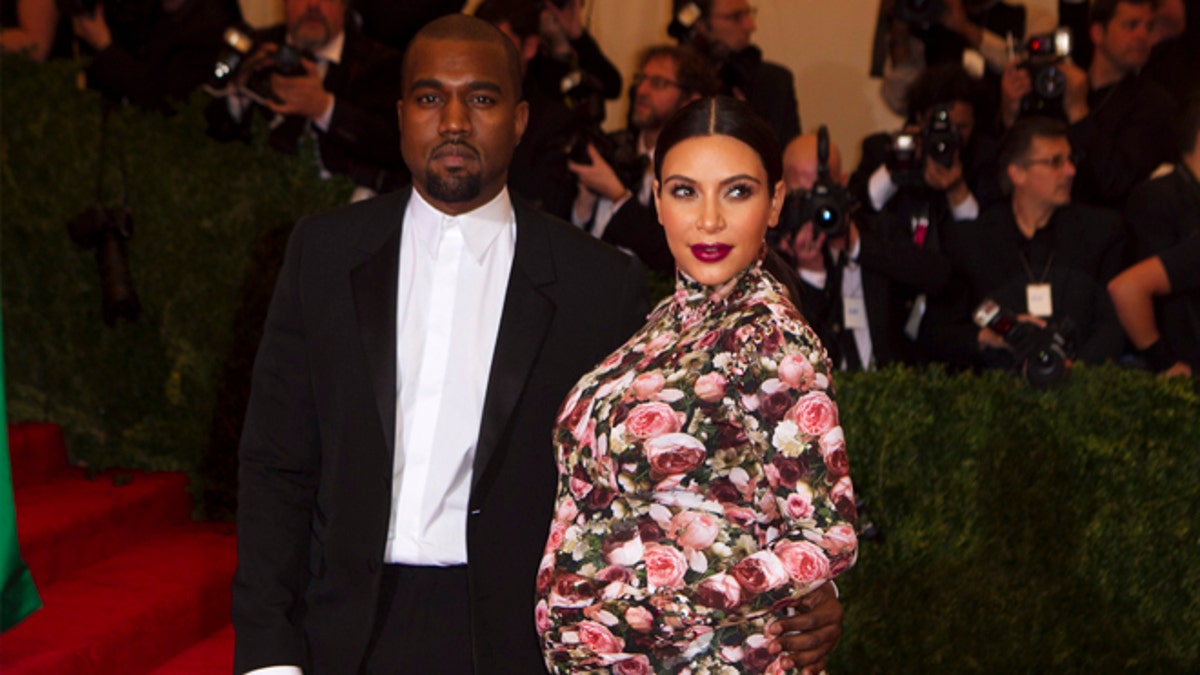
Earlier this month, Kim Kardashian posted an unexpected drug endorsement to her Instagram account that initiated a title wave of reaction among federal regulators and health practitioners:
“OMG. Have you heard about this?” Kardashian posted, speaking about the morning sickness drug Diclegis. “[I]t’s been studied and there was no increased risk to the baby. I’m so excited and happy with my results....”
The post was shared with her 42.4 million Instagram followers and “liked” more than 450,000 times. While the drug’s manufacturer, Duchesnay Inc., considered this a big win, the Food and Drug Administration (FDA) quickly issued a warning letter citing direct violation of at least one well-defined regulation: Promoting a drug without mentioning the risks is strictly forbidden. The regulation has been defined to apply to TV, print ads and social media.
Kardashian isn’t the first celebrity to wield her celebrity haphazardly in support of prescription drugs. Larry the Cable Guy, Sally Fields, Barry Manilow, Phil Mickelson, Bob Dole, Mira Sorvino and even Caitlyn Jenner stand in a long line of celebs who have put their name behind a prescription drug. In 2012, Paula Deen came under fire for her endorsement of Type 2 diabetes drug Victoza. After years of chowing down on beefy burgers and slathering butter on every dish, a diagnosis of Type 2 diabetes became her call for reformation— and in Deen’s case, so-called reform required little more than a daily pill and a paycheck from the drug company.
Kardashian and Deen are two distinct examples of the dangers of celebrity drug endorsements. Kardashian’s post, as the FDA wasted no time pointing out, pointedly tells women that taking Diclegis is not only a good idea, but that it is safe— without ever citing the potential risks or side effects. TV ad or Instagram post, celeb endorsements like these are problematic for physicians, as patients march into the office ticking off symptoms and demanding the drug touted by their favorite celebrity, “If Kim K. takes it, it must be the best solution for me too.” This attitude leaves physicians fighting an uphill battle, trying to explain to patients why a particular drug may not be the best choice for them considering medical history, symptoms and the risk of side effects.
Or, in the case of Paula Deen, the unsuspecting public is further solicited to believe that a pill is a glamourous solution for any health crisis. Eat whatever you want, drink whatever you want, sit on the couch and watch TV for eight hours a day if you want and when you think your lifestyle might kill you, well, never fear, there’s a pill for that. Celebrities taking and endorsing prescription drugs sweeps the hard truth under the rug— no one hears what Deen could have done or should have done for her health. Deen’s lifestyle warranted regular monitoring and routine checkups— a simple blood test could have told her early on that she was at risk for diabetes. With proper care, weight loss, a balanced diet and routine physical activity, Deen could have reduced or even eliminated her risk of diabetes.
Protect your health
Before you take Kim’s, Paula’s, Barry’s, Phil’s or any other celebrity’s word for it, have an open-minded conversation with your doctor. Ask questions about the drugs, and talk about your symptoms and your health concerns. Your doctor will be able to take into account not only these factors but also your medical history, your family medical history and your lifestyle to determine if a drug is the right fit for you. The objective is always to help you achieve optimal health, and that is a goal that is rarely reached with a medicine cabinet full of pills. Prescription drugs should be a last resort, or merely a stepping stone in a comprehensive treatment plan designed to address the root cause of an illness or disorder, eliminating symptoms, reversing disease risk and improving overall health and quality of life.




















